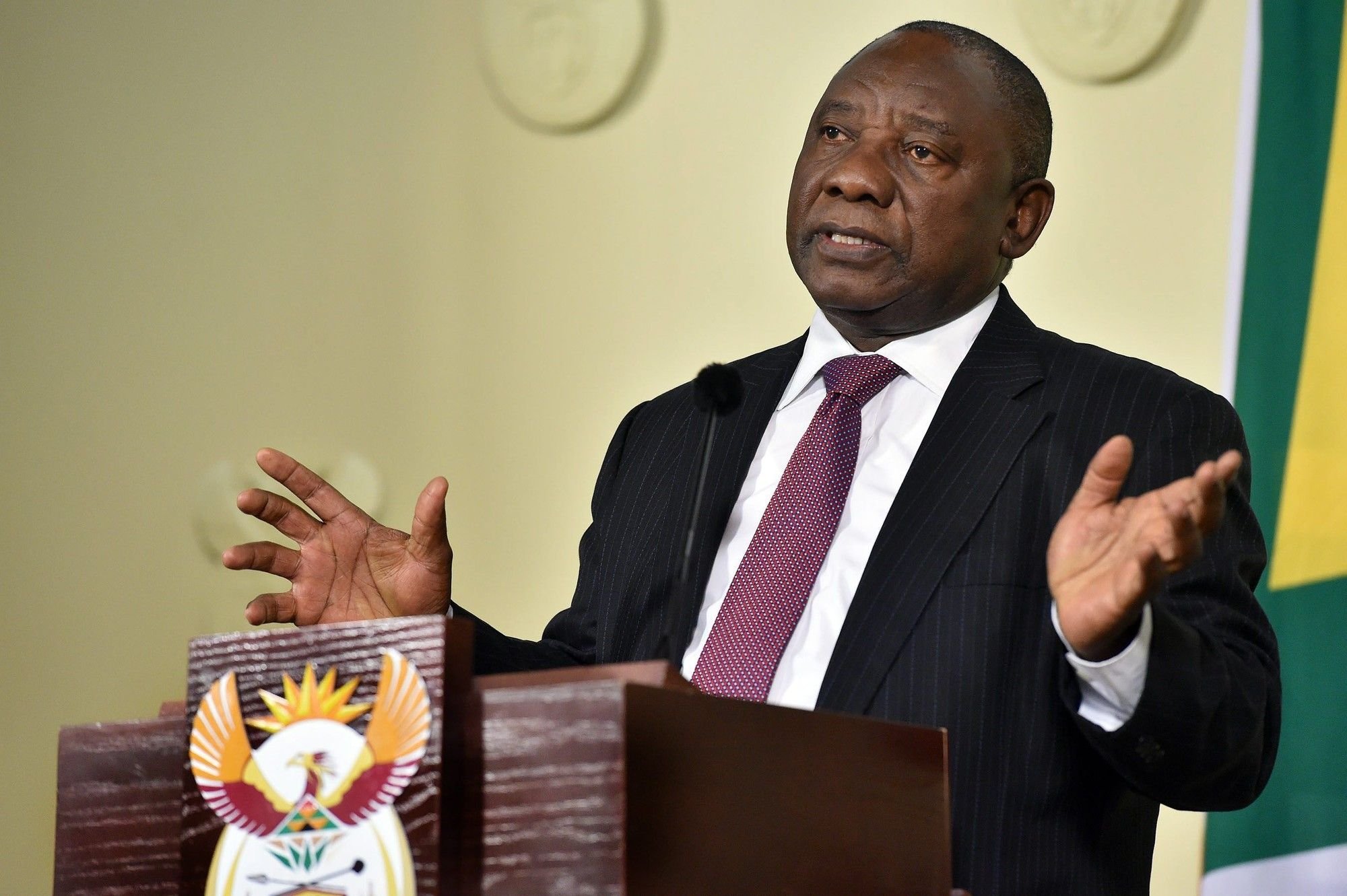News
South Africa Black Economic Empowerment: Failing Majority, DA Proposes Reform

Is South Africa’s BEE Failing the Majority? Economists and DA Say Yes
South Africa’s Black Economic Empowerment (BEE) policies have long been touted as a tool to redress apartheid-era inequality. But many experts now argue the system has largely enriched a politically connected few while leaving the majority in poverty.
Economists Call BEE a ‘Myth’
Renowned economist Dawie Roodt doesn’t mince words. In a recent Truth Report interview, he labelled claims of true black empowerment in South Africa as “simply untrue.”
“Giving a select few shares in big companies is not empowerment,” Roodt said. “It is not black empowerment when a large portion of black kids go hungry at night.”
Roodt points to studies showing that up to a third of South African children suffer from malnutrition, and argues that true empowerment begins with providing food, safety, electricity, water, and quality educationnot corporate shares.
Political economist Moeletsi Mbeki echoes this sentiment, warning that BEE has become a vehicle for elite enrichment rather than broad-based economic participation. “It incentivises parasitism on existing companies and the state rather than creating new wealth,” Mbeki said.
The DA’s Vision: Needs-Based Empowerment
On 20 August 2025, the Democratic Alliance (DA) unveiled its “Economic Inclusion for All Bill”, aiming to replace race-based BEE laws with a system that targets poverty and development outcomes rather than political connections.
DA policy head Mat Cuthbert said around 44 million South Africans live in poverty, with 12 million unemployed. “Since the ANC’s BEE policy began in 2003, conditions have worsened for those it claims to empower,” he said.
The bill proposes:
-
Repealing race-based preferential procurement laws.
-
Incentivising job creation, skills development, and poverty reduction.
-
Creating an inclusive public procurement system based on needs and social impact, not political ties.
Cuthbert criticised BEE for encouraging fronting and corruption, while the DA’s system would reward measurable outcomes for communities.
ANC Pushback: BEE Is Here to Stay
The ANC remains steadfast in defending the current framework. Spokesperson Mahlengi Bhengu said BEE has successfully lifted many black South Africans into the corporate and public sectors. “Women and men have risen to executive positions in Eskom and other institutions,” she said.
Bhengu insisted that race-based transformation laws are non-negotiable, though amendments could be considered. “There will not be a day in South Africa where black economic empowerment is scrapped as legislation,” she said.
President Cyril Ramaphosa said he had not reviewed the DA’s bill but stressed that current BEE policies remain anchored in the constitution and parliamentary laws.
A Nation Divided Over Empowerment
Public reaction is mixed. On social media, debates rage over whether BEE has succeeded or failed, with many highlighting persisting poverty, inequality, and unemployment as proof of its shortcomings. Critics argue that BEE, while well-intentioned, has largely benefitted a small elite rather than the majority it aims to empower.
The discussion reflects a deeper question: can South Africa design a system of genuine, broad-based empowerment that goes beyond political patronage and corporate handouts? The DA’s proposal and the economists’ warnings suggest there’s a growing consensus that reform is urgently needed or the promise of BEE will remain unfulfilled for decades to come.
{Source: BusinessTech}
Follow Joburg ETC on Facebook, Twitter , TikTok and Instagram
For more News in Johannesburg, visit joburgetc.com



























